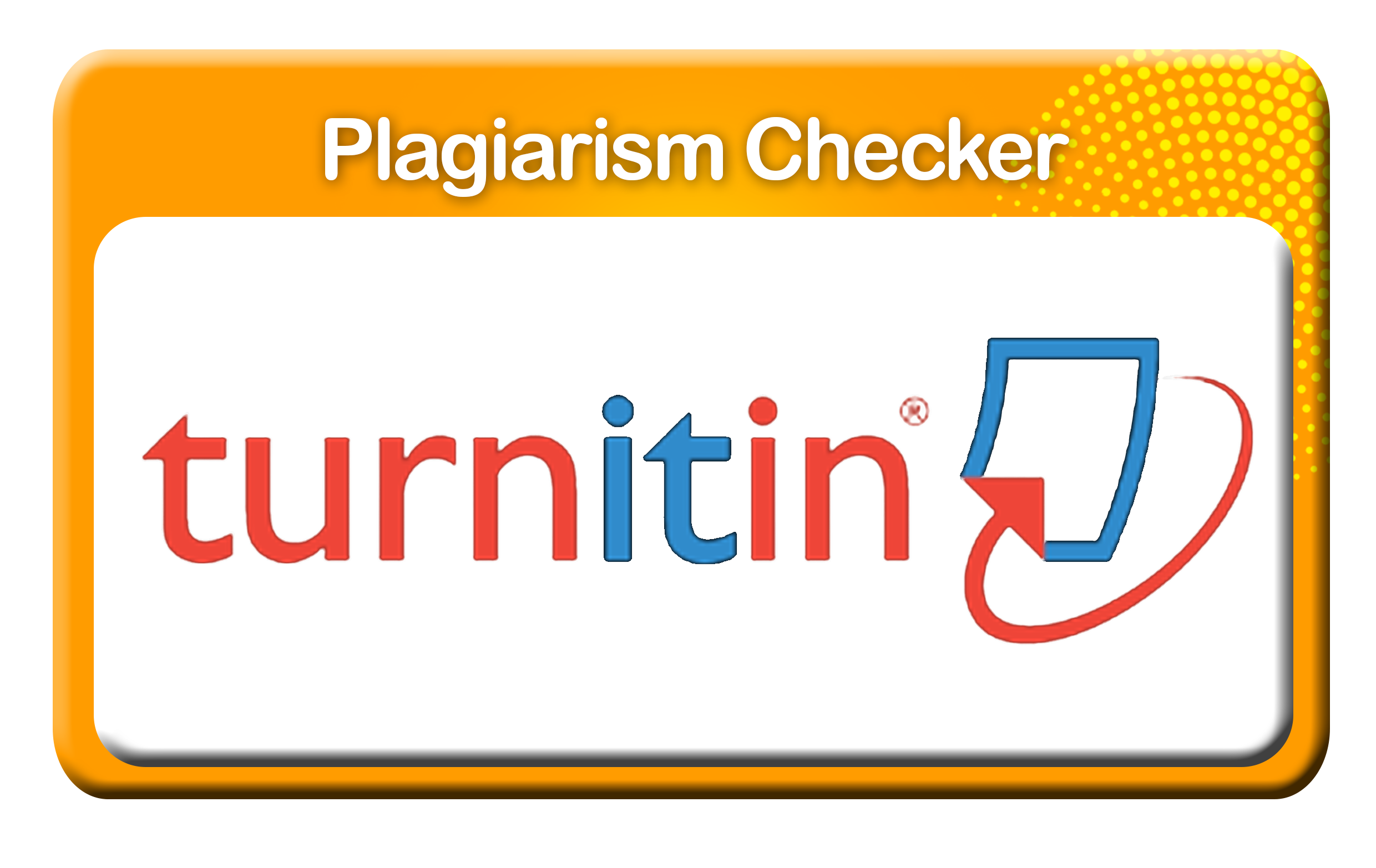KOMPETENSI KEPALA SEKOLAH DALAM INSTRUCTIONAL LEADERSHIP SD NEGERI BERPOTENSI BENCANA DI KABUPATEN MAGELANG
DOI:
https://doi.org/10.24853/holistika.1.1.%25pAbstract
In particular, this study aimed at investiating to what extent the conditions and dominat cators, affecting in the headmaster’ instructional leadership competencies, for each potential disaster state elementary school in district of Magelang, the researchers used mixed methods studies that involve integrating quantitative (the preliminary data) and qualitaive (the further date)descriptive date analysis. The respondents of this study were the headmasters’ with their role as instructional leader of their state elementary schools. Based om the finding of qualitative descriptive analysis, the condition of the headmasters’ instructional leadeship competencies at potencial disaster state elemetary school of Krinjing 2 Magelang, was in good category. A totalscore headmasters’ instructional leaderships competencies obtained inm this study is 922. The total score was then compareted to the maximum score to know how many percent the headmasters’competencies analyzed. The result showed the total competency is 82,59%. The dominant factors affecting in the headmasters’ instructional leadership competencies are: 1) the headmaster as an instructional leader should has clear and understandable the organizational vision, 2) there is an effort getting near to the students, 3)involving teacher in decision making and so forth, 4)creating a steady/fixed curiculum, and it should be dynamic, 5)making a strong and profitable school cooperation networkReferences
Barnett, K. & Cormick J. M. (2004). Leadership and individual principal-teacher relationships in schools. Education Administration Quarterly, 40, 406-434.
Dana, P. L. & Powell, R. G. (2010). Classroom communication and diversity: enhancing instructional practice(2nd ed.). New York: Madison Avenue.
Danim, S. (1994). Tranformasi sumber daya manusia. Jakarta: Bumi Aksara.
Depdiknas .(2006). Undang-undang Nomor 14 tahun 2005 tentang Guru dan Dosen.
Depdiknas.(2010).Peraturan Mentri Pendi-dikan Nasional Nomor 35, Tahun 2010, tentang Petunjuk Teknis Pelaksanaan Jabatan Fungsional dan Angka Kreditnya.
Furqon, C. (2010). Hakikat komunikasi organisasi. Jakarta: Bumi Aksara.
Handoko, H. (2001). Manajemen personalia dan manajemen sumber daya manusia. Yogyakarta: BPFE UGM.
Hasibuan, S.P.M. (2007). Manajemen sumber daya manusia. Jakarta: Bumi Aksara.
Kemdiknas. (2010). Visi, misi dan tujuan kementrian pendidikan nasional. Jakarta: Depdiknas.
Kose, B. W. (2009) The principal’s role in professional development for social justice an empirically based transfor-mative framework. Urban education, 44, 628-663.
Kountur, R. (2007). Metode penelitian untuk penulisan skripsi dan tesis (Edisi Revisi), Jakarta: PPM.
Leonard, M. P. (2008). Assessing for learning: building a sustainable commitment across the institution. Virginia: Stylus Publishing.
Lunenberg, F.C., & Ornstein, A. C. (2000). Educational administration: concept and practices. (3rd ed.). New York: Wadswort.
Miner, J. B., (1988). Organizational behavior: performance and productivity. New York: Random House Business Divisio.
Robbins, S. P. (2006). Perilaku organisasi. (Terjemahan Benyamin Molan). New Jersey: Prentice-Hall. (Buku asli diterbitkan tahun 2003).
Sukanto, H., & Handoko, H. (2001). Oganisasi perusahaan teori struktur dan perilaku. Yogyakarta: BPFE.
Timpe, S. (2008). Effective teachers in primary schools. (2nd ed.). New York: Continu-um International Publishing Group.
Usman, H. (2009). Manajemen pendidikan. Yogyakarta: FPTK IKIP Yogyakarta.
Wahjosumidjo. (2008). Kepemimpinan kepala sekolah ”tinjauan teoritik dan permasa-lahannya. Jakarta: Penerbit PT Raja Grafindo.
Wherther & Davis. (2008). Use Of A Social And Character Development Program To Prevent Substance Use, Violence Behaviour, And Sexual Activity Among Elementary-School Student In Hawaii. American journal of public health, 99, 1439.
Downloads
Published
How to Cite
Issue
Section
License
Authors who publish with this journal agree to the following terms:
- Authors retain copyright and grant the journal right of first publication with the work simultaneously licensed under a Creative Commons Attribution License that allows others to share the work with an acknowledgement of the work's authorship and initial publication in this journal.
- Authors are able to enter into separate, additional contractual arrangements for the non-exclusive distribution of the journal's published version of the work (e.g., post it to an institutional repository or publish it in a book), with an acknowledgement of its initial publication in this journal.
- Authors are permitted and encouraged to post their work online (e.g., in institutional repositories or on their website) prior to and during the submission process, as it can lead to productive exchanges, as well as earlier and greater citation of published work (See The Effect of Open Access).


















